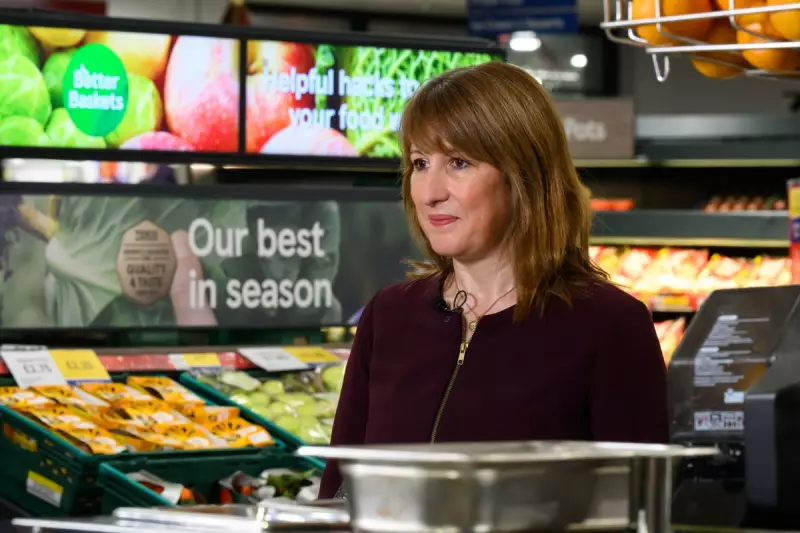
Chancellor Rachel Reeves has announced a landmark freeze on rail fares as the centrepiece of a series of measures designed to tackle the cost of living in next week's Budget.
The move, the first of its kind in three decades, is intended to offer relief to households amidst ongoing economic pressures and is expected to offset potential public anger over anticipated tax rises.
Significant Savings for Commuters
The government estimates the rail fare freeze will deliver substantial savings for passengers across England. A typical commuter using flexi-season tickets three days a week will save approximately £315 a year on the route from Milton Keynes to London.
Other notable savings include £173 for those travelling from Woking to London and £57 from Bradford to Leeds. The freeze applies to all regulated fares, including season tickets and peak and off-peak returns, and is projected to benefit more than a billion passengers.
Part of a Wider Transport Overhaul
The policy is a key component of Labour's plan to rebuild a publicly owned Great British Railways. The government stated this initiative aims to deliver better value for money by modernising the ticketing system.
This includes the introduction of tap-in, tap-out technology and digital ticketing, alongside investments in superfast wifi across the network.
Transport Secretary Heidi Alexander commented on the decision, stating: "We all want to see cheaper rail travel, so we’re freezing fares to help millions of passengers save money. Commuters on more expensive routes will save more than £300 per year, meaning they keep more of their hard-earned cash."
Broad Support and Economic Context
The announcement has been welcomed by unions and passenger groups. Alex Robertson, Chief Executive of Transport Focus, said the freeze would be "extremely welcome news" for passengers who prioritise value for money.
Mick Whelan, General Secretary of ASLEF, the train drivers' union, described it as "the right decision, at the right time," highlighting the railway's role as Britain's green alternative for transport.
This intervention on living costs comes amid intense speculation that the Chancellor is preparing a number of tax rises on areas such as property, banks, and gambling to address a projected £20 billion black hole in the government's finances.
There are also concerns that fuel duty could be increased for the first time in 15 years, with campaigners planning to deliver a 152,000-signature petition to Downing Street.





